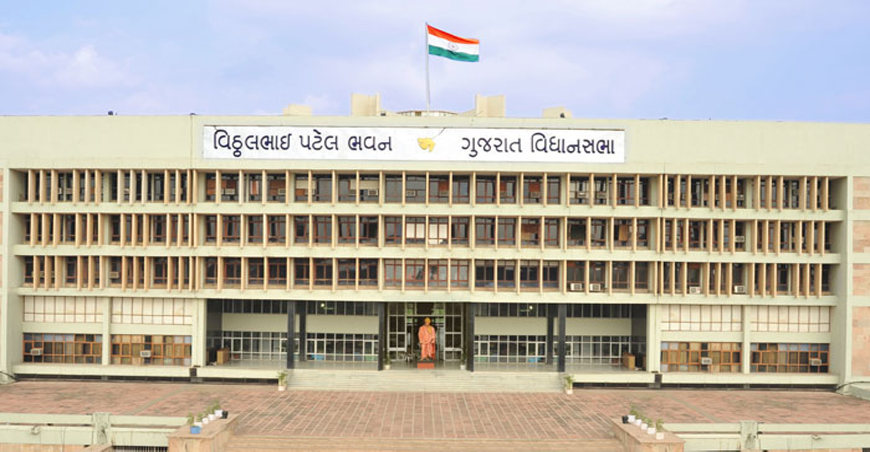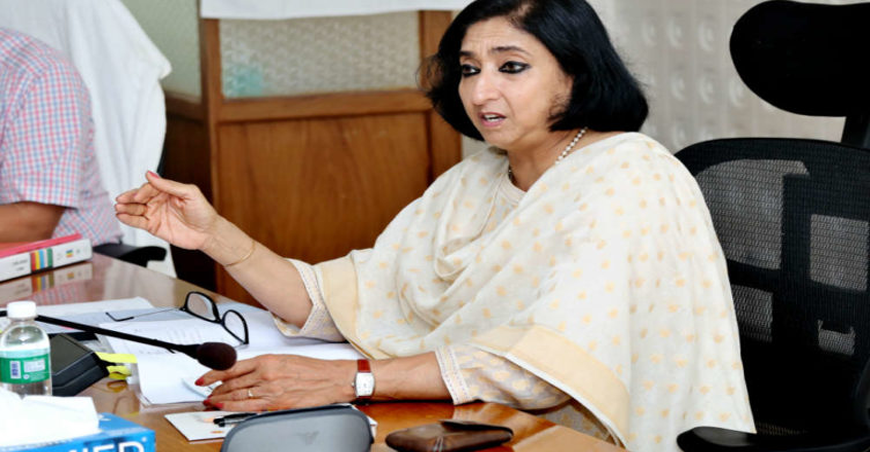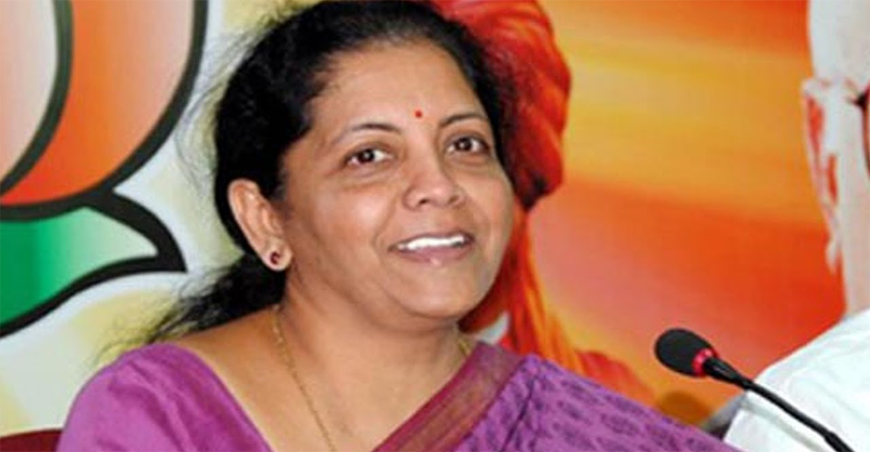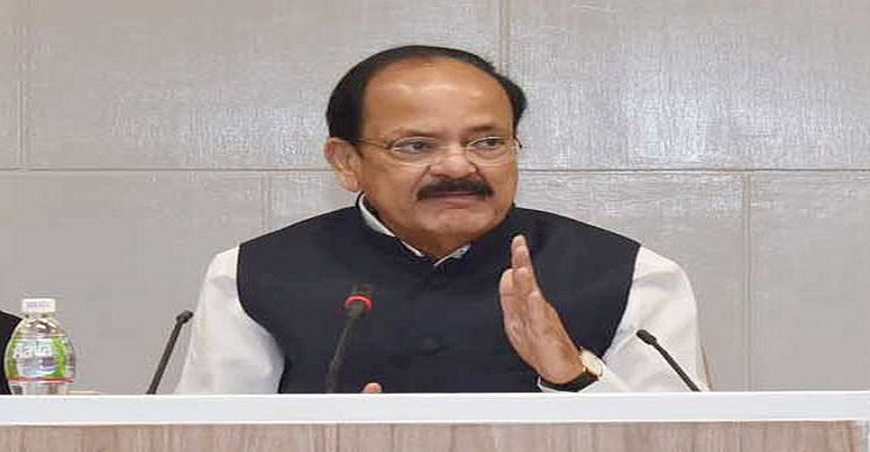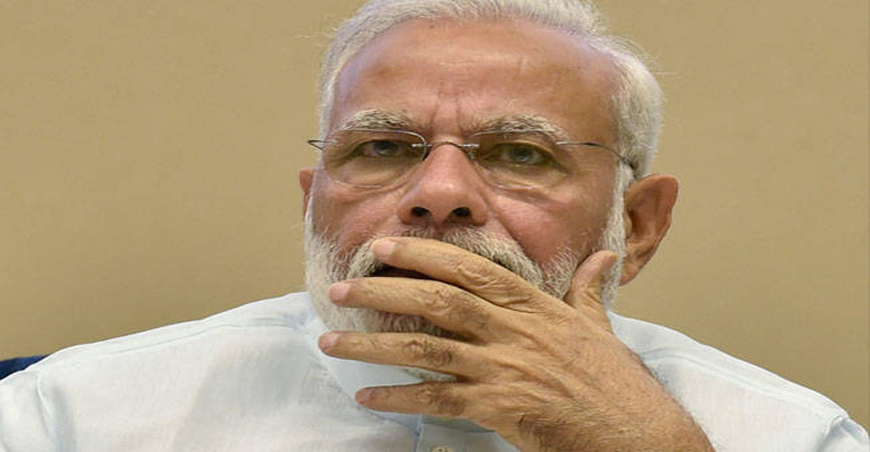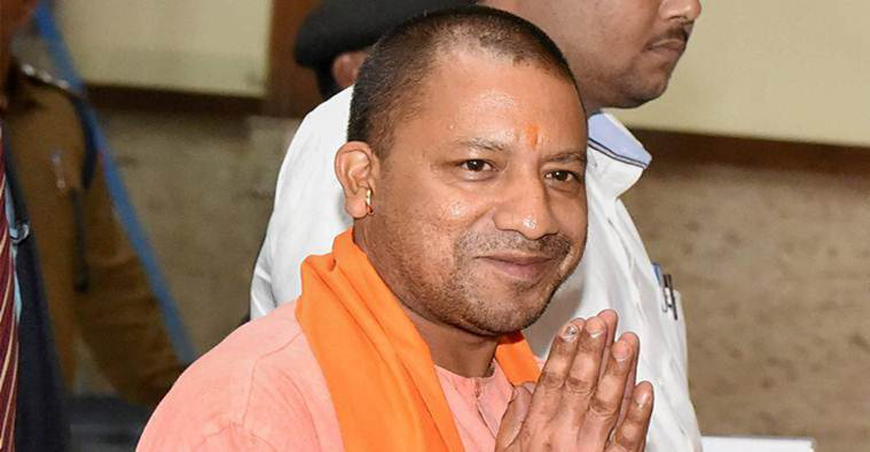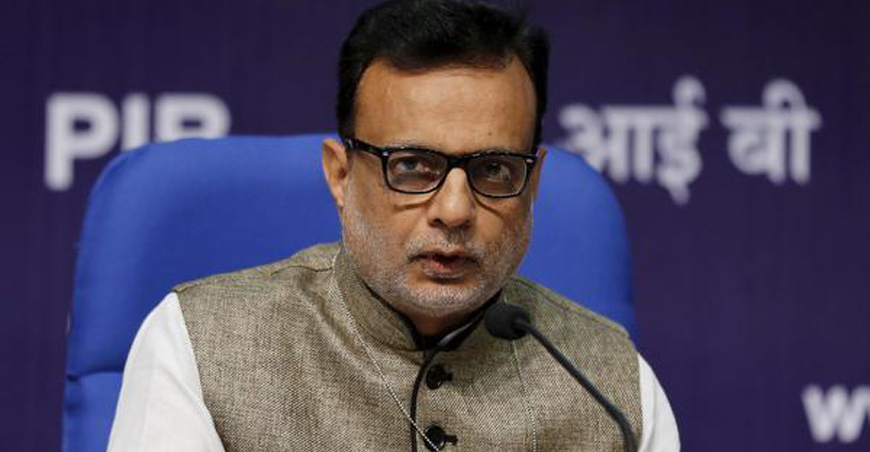AHMEDABAD, MAY 8:After ratifying the Goods and Services Tax (GST) Constitution Amendment Bill in August last year, the State Assembly will sit for a special session on Tuesday to ratify the newly introduced Goods and Services Tax (GST) Bill, 2017.
The ratification of the new bill in the State Assemblies is mandatory for rollout of the new indirect tax regime in the country.
“In order to implement the GST in the State from July 1, we have decided to call this special session to pass the Bill,” Pradeepsinh Jadeja, Minister of State for Legislative and Parliamentary Affairs had informed earlier.
On April 6, the Parliament had passed four legislations thereby paving the way roll out GST from July.
The Gujarat Assembly Speaker had not pronounced the last budget session that ended on March 31, 2017, as concluded, thereby leaving a room for a special sitting to be considered as a continuation of the budget session.
In August last year, Gujarat had convened a special two-day session for discussion and ratification of the Constitution Amendment Bill in August last year. The State had become the sixth State to ratify the Constitution Amendment Bill as a support to the ruling NDA government for easy and faster rollout of GST.
After the passing of the new GST bill in Gujarat Assembly and post the approval of the law by the Centre, the existing Value Added Tax (VAT) act will largely be withdrawn. However, the indirect tax in the form of VAT will continue to be levied on petroleum products such as petrol, diesel, crude oil, natural gas, liquor and aviation turbine fuel (ATF).
It is yet to be seen what strategy the Opposition Congress adopts during the passage of the GST Bill. In the last discussion on the Constitution Amendment Bill, the entire Opposition was suspended from the House for creating ruckus over Dalit atrocities issue.
The leader of Opposition in the State Assembly, Shankarsinh Vaghela, has demanded three-day session instead of one-day special session.

